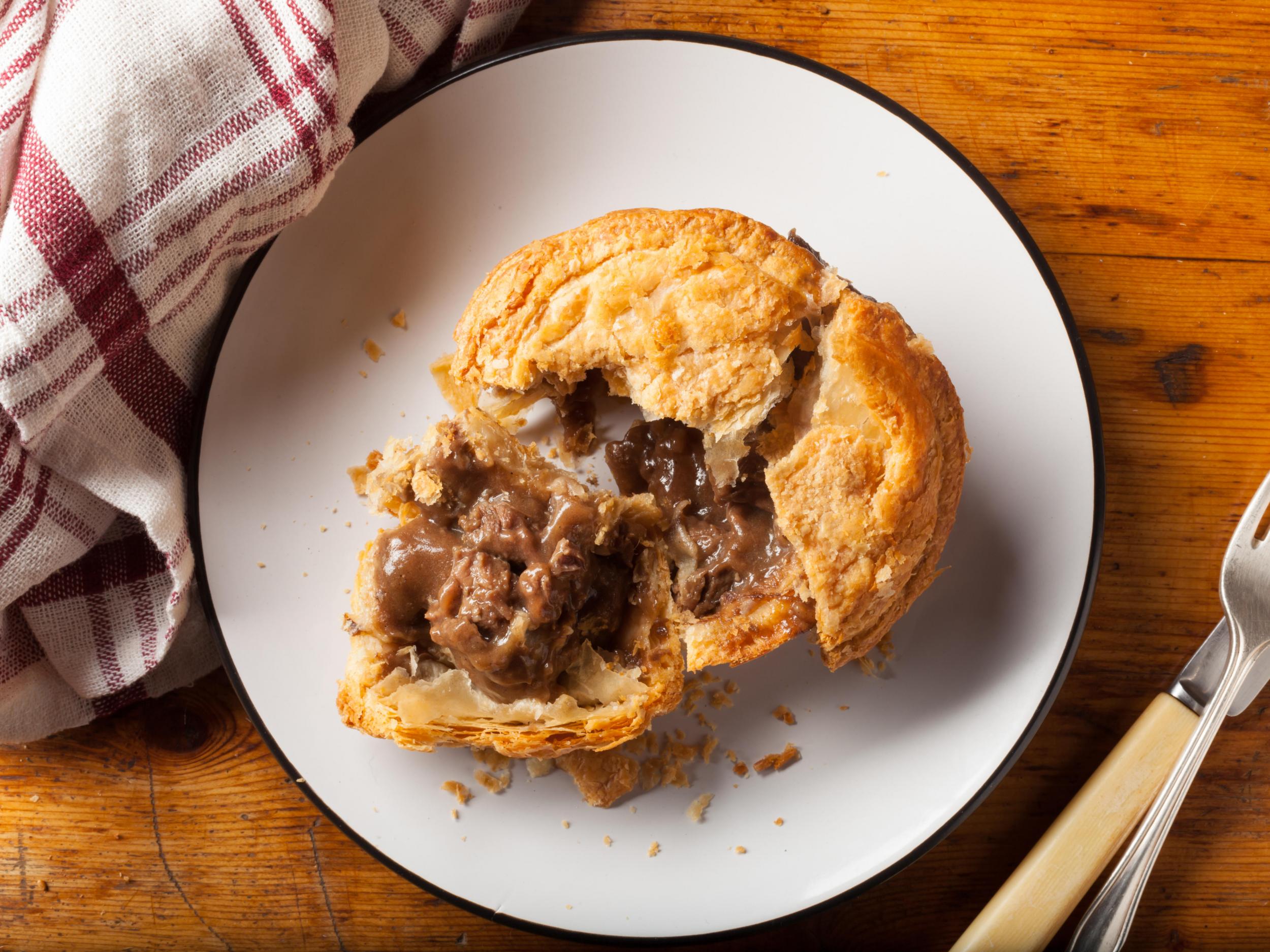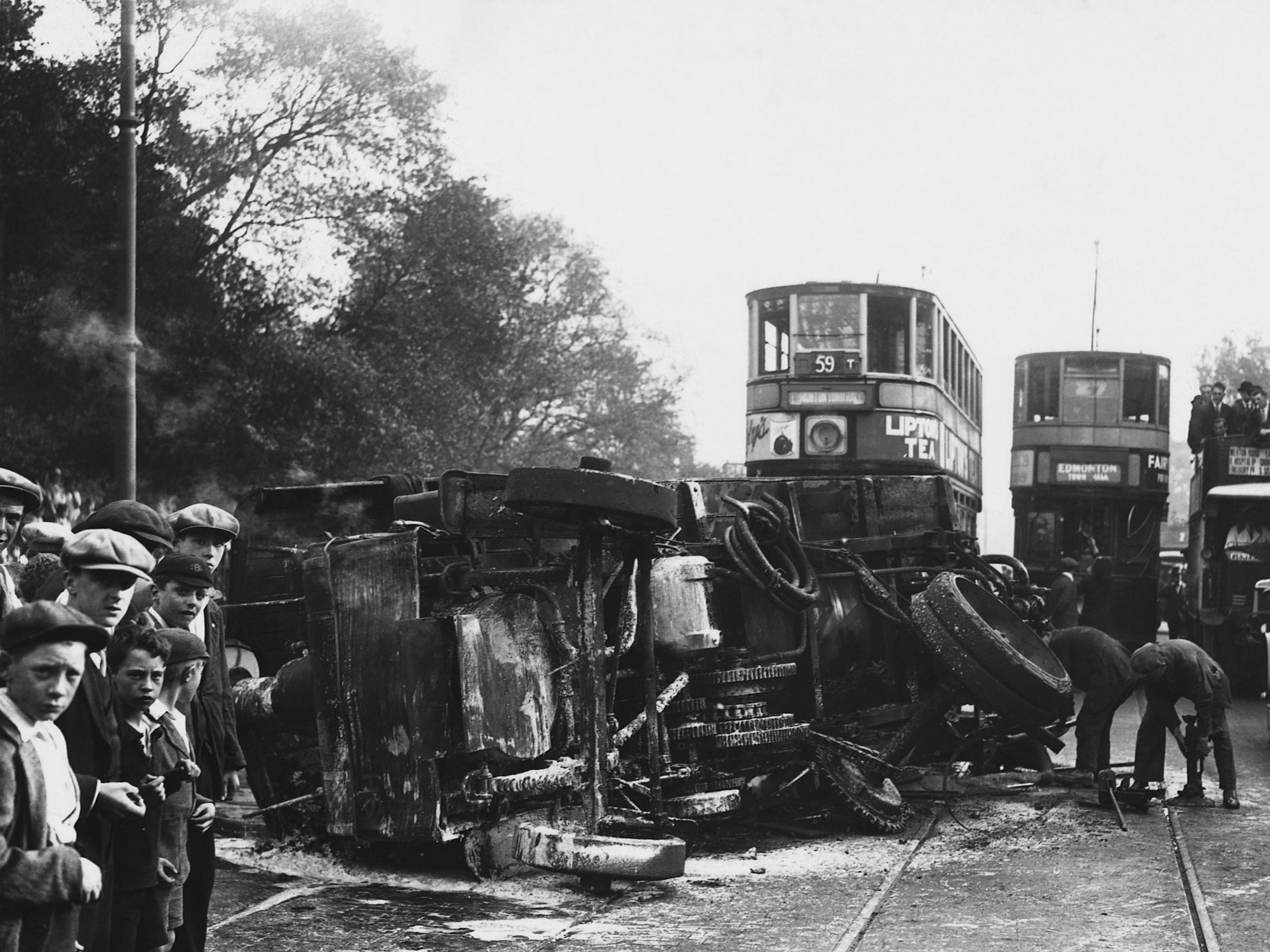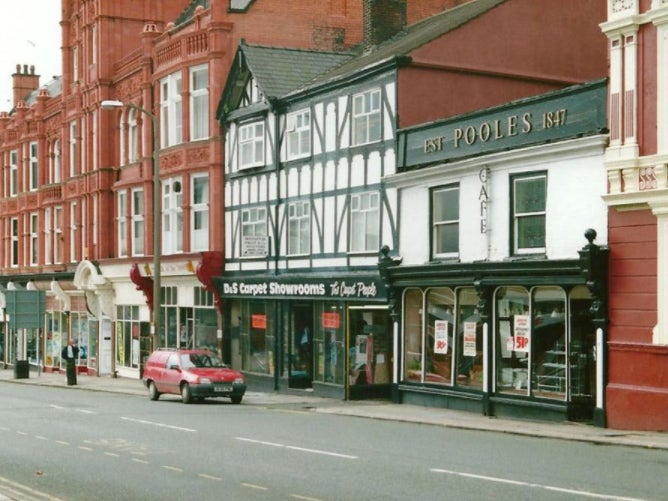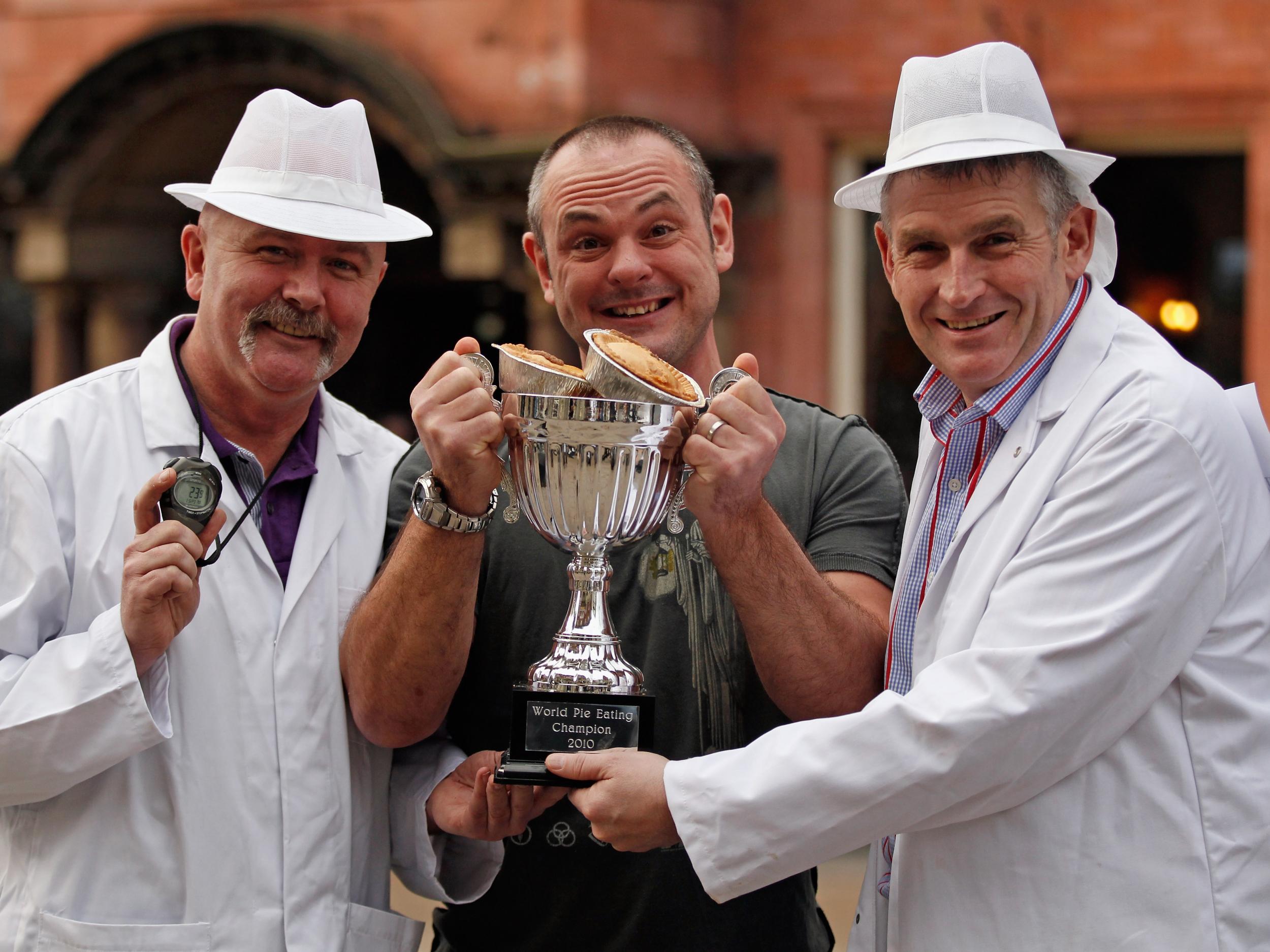British Pie Week 2018: Why there's no such thing in Wigan
The humble pie shop may have dwindled in many places but it’s still ingrained in everyday life in others – so do we need a seven-day celebration? Of course not, says David Barnett

Go to Wigan and tell them that it’s British Pie Week and you’ll no doubt receive a volley of blank looks. That’s because every week is pie week in Wigan.
Pies are inextricably entwined with the DNA of the folk in this town, nestling midway between Manchester and Liverpool, home to more than 100,000 souls in a wider borough of more than three times that population.
Boundaries become blurred when we talk of pie consumption; also within the Wigan borough is Leigh, birthplace of journalist Paul Mason and the Buzzcocks’ Pete Shelley, represented in Parliament by Jo Platt. Only seven miles or so from Wigan, yet half the world away; Wiganers are known the world over as Pie Eaters while in Leigh they’re called Lobby Gobblers, due to their preference for lobbies, a kind of sloppy potato stew.
From maternity ward to funeral parlour, a Wiganer comes into this world with nothing and leaves with nothing, but in between is given sustenance, comfort, solace and pleasure from pies. The pie is the go-to snack, the default dinner, the looked-forward-to tea. Sometimes it’s even the breakfast of champions. There is no occasion for which a pie will not suffice or, indeed, not be welcomed.
Weddings, funerals, christenings, birthday parties. A Wigan buffet will always have a proud selection of pies. Feeling sad? Have a pie. Happy? Celebrate with a pie. Hungry? A pie. Not so hungry? Maybe just a small pie. Aliens have invaded the earth? Save the pies!
If Pie Eater is a regional slur, it’s one that’s embraced in Wigan. There will be those that try to tell you the appellation has its origins in the 1926 General Strike, when the General Council of the Trade Union Congress got everybody out in support of striking miners who were protesting against low wages and poor conditions.

The General Strike lasted nine days, with Britain brought grinding to a halt in the way that we only see a few snowy days achieve in modern times. Everybody was on strike, from the railway workers to the dockers to the factory staff.
But in Wigan, the miners went back to work early, before the General Strike was called off. They and their families were literally starving and the colliery bosses persuaded them to go back – on a pay cut. That’s where people will tell you the terminology comes from, because the shame-faced miners were forced to eat humble pie.
So the history books tell us, but the truth of the matter is, in Wigan we just like pies. Before we proceed, however, a word on what constitutes a pie. It has to be round, baked in its tinfoil dish, and hot. It has a pastry top, and seamless circular walls, and a base. We can’t be doing with the things that call themselves pies but are just stew with a lid on.
Pies can be meat and potato, or steak. Steak and kidney, or even cheese and onion. Maybe even a butter pie. I vividly remember in the long summer holidays of my youth seeing my grandad most mornings walking past our house, a mile on from where he lived, a mile and a half to go to Wigan town centre. He would go for a morning swim (in the Olympic-sized pool!) and return with a netted shopping bag groaning with pies. He once informed me that meat and potato pies now had to be legally called potato and meat pies, because there was more potato than meat in them. I’m still not sure whether he was joking or not.
One of the most famous pie brands in Wigan is Pooles. It was established in the town in 1847 – almost 80 years before the General Strike – by Margaret Poole. She opened a shop on Wallgate in the town centre, when she was just 26, assisted by her sister and later her daughter.

By 1903 the Pooles empire was expanding, with its own bakery and three shops. The business would grow over the following century, becoming ubiquitous in the town and eventually the chain would be bought by Dave Whelan, the former footballer (he broke his leg playing for Blackburn Rovers in the 1960 FA Cup Final) turned entrepreneur. Whelan would also buy Wigan Athletic and create the DW Stadium, home to both the town’s football team and Rugby League side, Wigan Warriors.
When I was a boy, our nearest pie shop was a Rathbones, which seem to have disappeared from the high street now. There was a story that used to do the rounds in our family that a great-great-grandfather or beyond once had a controlling stake in Rathbones, but gambled it all away. I was never able to establish whether this, like the potato and meat pie story, was true.
As I reached my twenties I worked for the Wigan Evening Post, the office situated upstairs in the town’s Makinson Arcade, right above Hampson’s pie shop. On summer days with the windows open, the beguiling scent of freshly-baked pies would rise maddeningly from below. On cold winter days, the return of a reporter or photographer to the office would be heralded by the comforting aroma of a pie, drifting up the staircase ahead of them.
Once there was a fire at the Pooles Pies factory. We put it as the front page splash on the Wigan Evening Post. We had a serious discussion about whether or not it was appropriate to headline it Black Wednesday, but in the end we didn’t. Pooles got in extra shifts to work through the night on the surviving production lines, pulling out all the stops so the shops could get their deliveries of pies on time the next morning.

Despite the close relationship, through Dave Whelan, between pies and sport, no one is under the misapprehension that pies are healthy. Last year, Wigan was named by Public Health England as having well above the national average in obesity, especially among children; 11 per cent of four- and five-year-olds were classed as obese by the time they started school.
At the age of about 20 or 21, recognising I was in a downwards spiral marked by way stations of pie shop and pub, I joined a gym in Wigan. I was put through my paces by the owner, which resulted in me doing a bit of sick in my mouth and having to stand by an open window to regain some measure of normality. The owner glanced at my expanding gut and said: “If you want to make a go of this, you know, you’re going to have to ditch the pies.” I never went back.
Pies are not healthy, but that’s not to say pies can’t be sport. Every year, just before Christmas, the World Pie Eating Championship is held at Harry’s Bar on Wallgate, just a stone’s throw from where Margaret Poole opened her first pie shop 170 years ago. The winner in 2017 was Martin Appleton-Clare, who retained his title from the previous year by disposing of a meat and potato (potato and meat?) pie in 32 seconds, shaving more than 13 seconds off his 2016 personal best.
This year will be the 26th year of the World Pie Eating Championship, which attracts competitors from as far afield as Skelmersdale. There are rules, of course; the pies have to be regulation dimensions of precisely 12cm in diameter and 3.5cm in depth. In 2006, in recognition of changing attitudes, a vegetarian pie option was added following pressure from the Vegetarian Society to allow a more equitable field.
The following year a dog entered, Charlie, who belonged to former champion Dave Williams, by then an official in the competition who had stored that year’s match pies in his house. There was a twist, however; the night before, while Williams was distracted by a pigeon flying up his chimney, bichon frise Charlie broke into the fridge and scoffed practically all the pies for the next day’s contest.

Unsurprisingly, though he had shown his pie-eating prowess the night before, Charlie failed to win the competition, presumably having a literal bellyful of pies.
When I met the woman who was to become my wife, I was eating a pie barm. That’s a pie in a bread roll, just in case you don’t get enough carbs from the pie. She married me anyway. Not long after, we moved to Yorkshire, ostensibly for work, but, now I look back, perhaps it was a subconscious cry for help from my own body.
They’ll tell you in Yorkshire that they make a good pie; they don’t. Not a Wigan pie. Pies consumed anywhere other than Wigan are like tap-water down south or American chocolate. They look the same, but they aren’t.
Perhaps it’s for the best. Save for when I visit my mum, and she’ll suggest a quick pie, I barely think about them at all, these days. But it’s good to know that they’re there. Just like a dog isn’t for Christmas, a pie habit isn’t just for British Pie Week. It’s for life.
Join our commenting forum
Join thought-provoking conversations, follow other Independent readers and see their replies
Comments
Bookmark popover
Removed from bookmarks